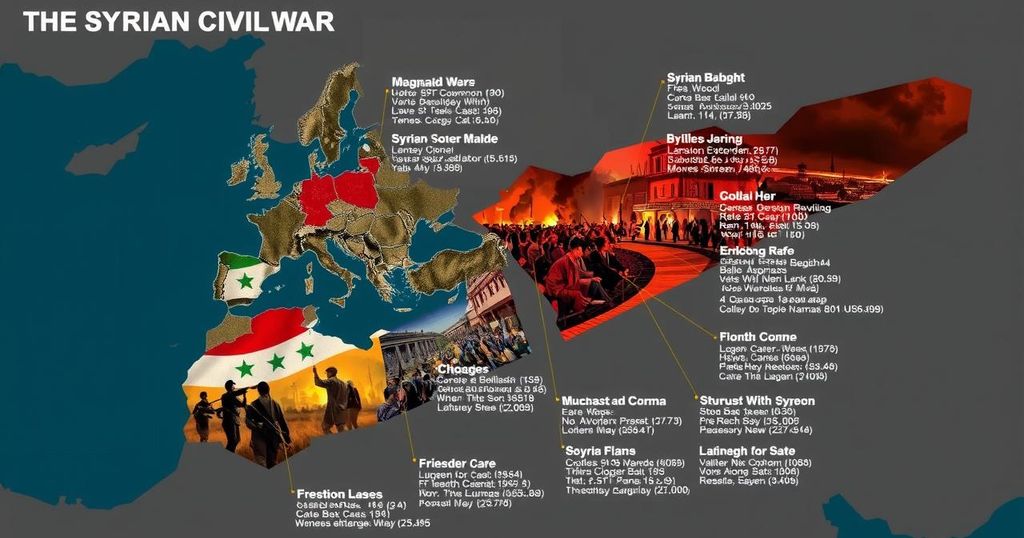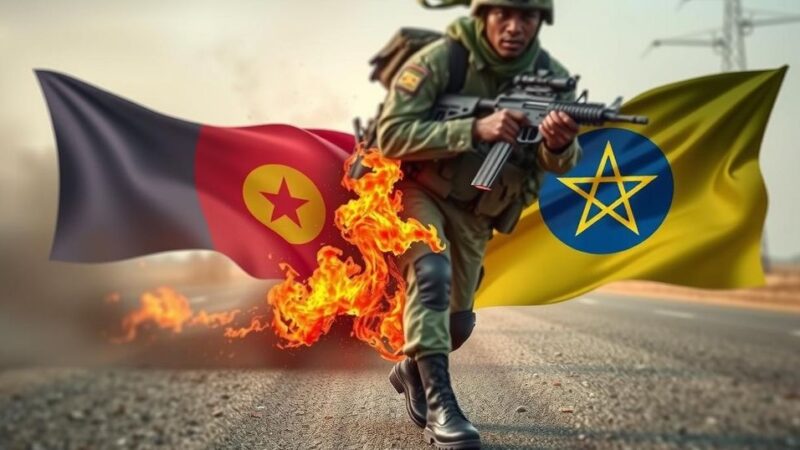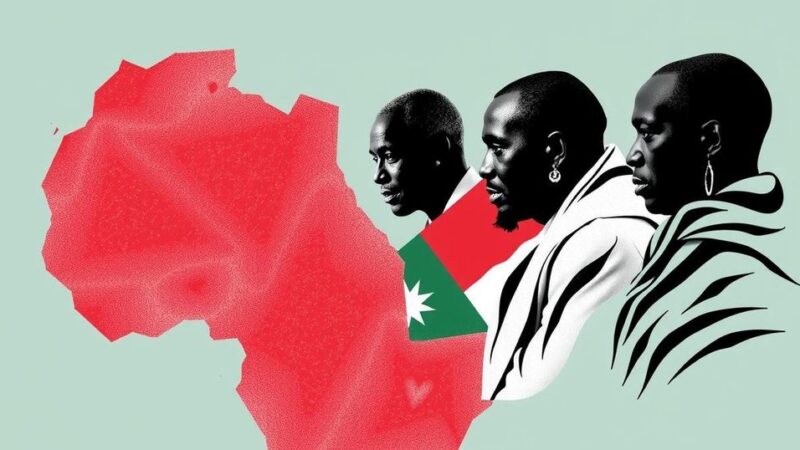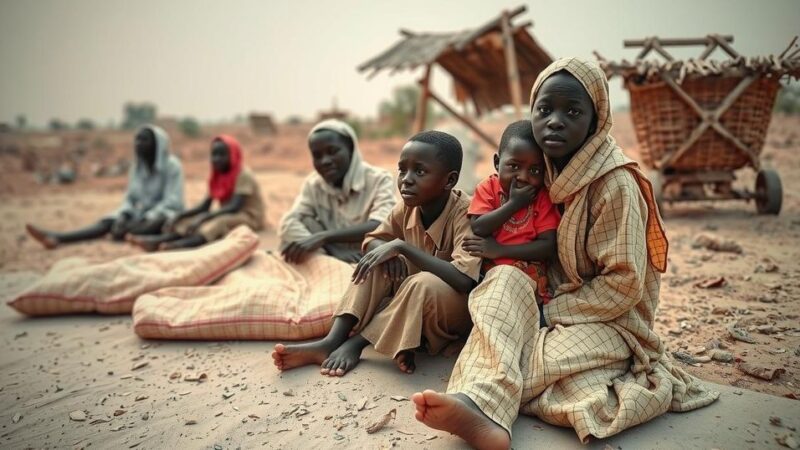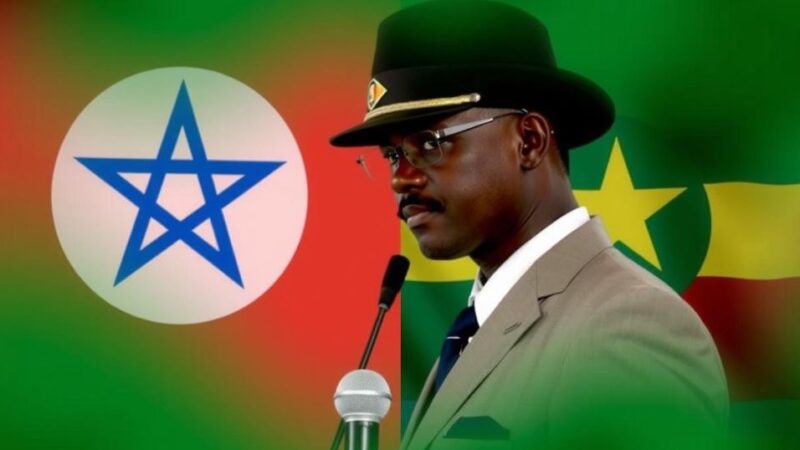The Syrian Civil War, ongoing since February 2011, began with protests against President Bashar al-Assad’s regime, which met with violent suppression. The conflict has evolved into a complex civil war involving various factions and significant international intervention. It has resulted in severe humanitarian crises, widespread destruction, and continuing global political ramifications.
The Syrian Civil War has been an ongoing conflict since February 2011, primarily sparked by pro-democracy protests against the regime of President Bashar al-Assad. The protests began against a backdrop of the Arab Spring, where citizens across the region demanded political reforms and greater rights. As the Assad government responded with violent repression, opposition movements began to take shape, ultimately fracturing into various factions, including the Free Syrian Army and extremist groups like the Islamic State in Iraq and the Levant. The civil war has caused widespread destruction and significant humanitarian crises, displacing millions and leading to allegations of war crimes, including the use of chemical weapons. Internationally, the conflict has drawn in global powers, dividing nations into pro and anti-Assad camps and complicating efforts towards resolution. This complex intersection of national grievances, international politics, and sectarian divisions has prolonged the war, which has now entered its twelfth year.
The Syrian Civil War originated from the profound socio-political issues facing Syria, including enduring authoritarianism, economic disparities, and environmental crises that aggravated societal tensions. President Bashar al-Assad’s tenure began in 2000 with promises of modernization and reform; however, dissatisfaction with his administration grew as these promises went unfulfilled. The country faced severe environmental challenges, including the worst drought in its history, significantly impacting agricultural communities and catalyzing migration to urban areas. The initial protests in March 2011 in Darʿā were ignited by the arrest and torture of children who engaged in anti-government graffiti, reflecting deep-rooted frustrations against the regime. As protests spread nationwide, the regime’s violent suppression escalated, leading to a dramatic transformation of protests into armed conflict and cementing international involvement as factions formed with varying degrees of external support.
In summary, the Syrian Civil War stands as a profound example of the complexities inherent in civil unrest, driven by both local grievances and international interests. As the conflict persists into its second decade, it showcases the tragic consequences of authoritarian governance and the interplay of sectarian identities in conflict. The war has not only ravaged Syria but has also significantly impacted geopolitics, drawing in numerous nations and creating a multifaceted humanitarian crisis that requires urgent international attention and resolution.
Original Source: www.britannica.com

